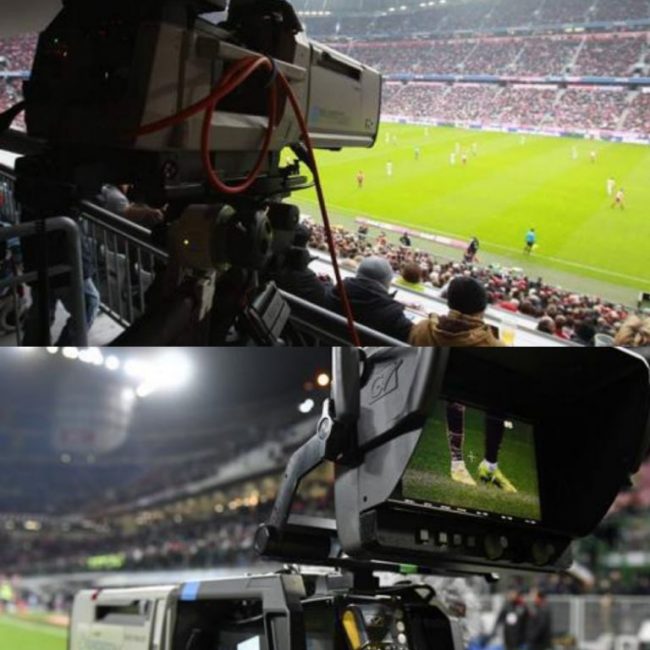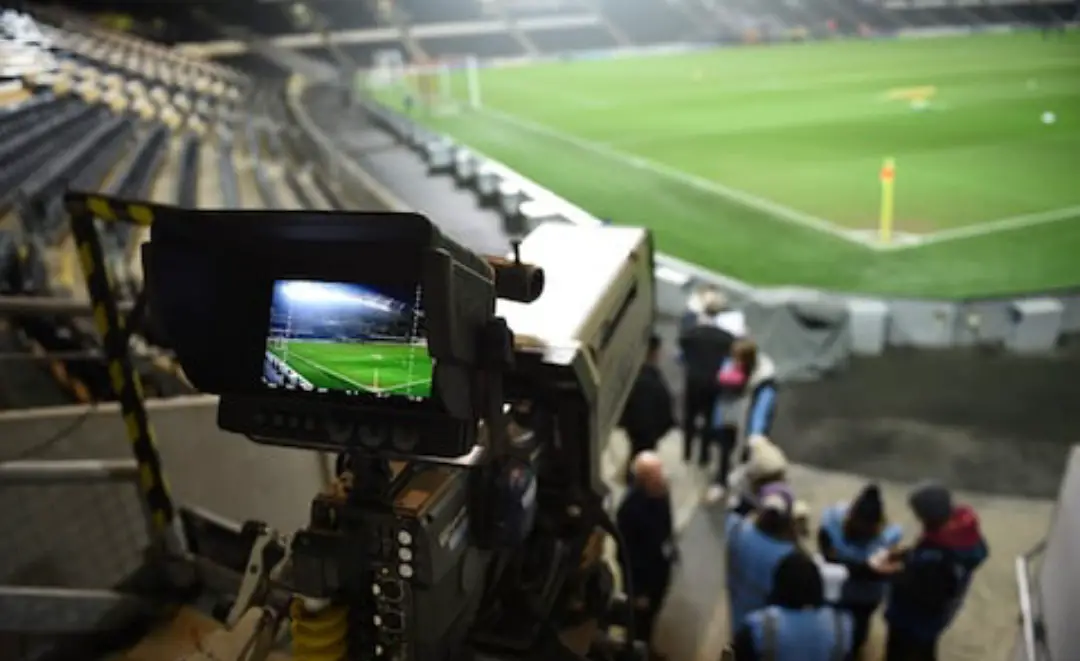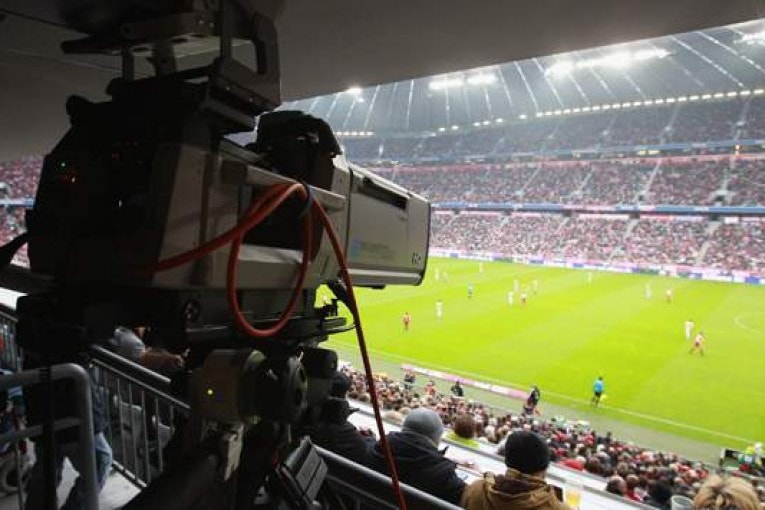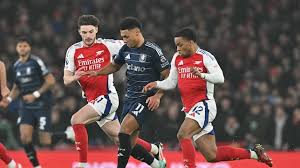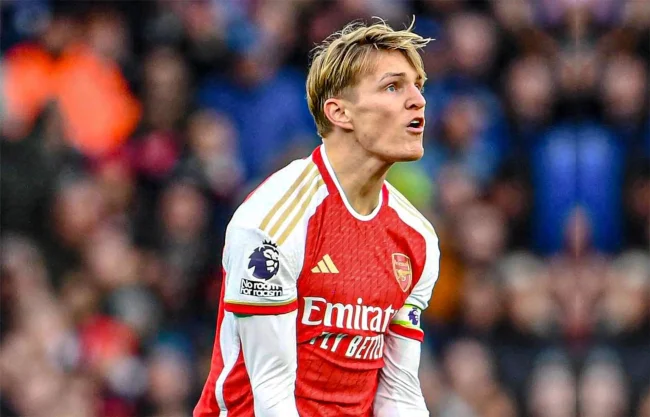By Steve Austin Nwabueze
INTRODUCTION
Sometime in July 2020, the National Broadcasting Commission (Commission/NBC) released its amendment to the 6th edition NBC Code (Code) for the year-2020. This amendment, though made pursuant to the powers vested on the Commission has been met with mixed reactions. In this article, we analyze the scope of this amendment, the ramifications for competition law within the prism of the vexed issue of sports content exclusivity. Put differently, this article analyzes the commercial ramifications of this amendment on existing broadcast content platforms especially existing events sports rights owners/holders.
THE AMENDMENT
Section 2(h) of the NBC Act gives the Commission the power to establish the National Broadcasting Code to set up standards with regard to the contents and quality of materials for broadcast. The Code stands as the minimum guidelines for regulating broadcasting in Nigeria. However, a major drawback of the Code, amongst others, is its failure to envisage and provide for the impact of technology on broadcasting.
A look at the Amendment reveals the laudable objective of promoting effective competition in the broadcast industry and to prevent the abuse of monopoly or market power and unfair practices by broadcasters or licensees or facility providers . In furtherance of this objective, the Amendment has now proceeded to provide for many items which were hitherto not considered in the Code. These include amongst others:
(a) Web/online broadcasting.
(b) Local content character.
(c) Unconventional Reportage: and
(d) Sports rights.
Sports rights: Leveraging on the country’s passion for football, notable media platforms have been known to scramble for the broadcast rights of major sporting events with far-reaching commercial implications. The broadcast of the English Premier League for example only became a regular feature in Nigeria with the emergence of Multichoice. Questions have been raised on the propriety of the firm’s monopolistic stranglehold on the broadcast rights of some of Europe’s finest football leagues with the ensuing prohibitive subscription costs imposed on its Nigerian customers. It was not surprising therefore, when some Nigerians welcomed the new amendments with open arms. This amendment, critically, seeks to remove the monopolistic broadcast rights hitherto enjoyed by the licensees/rights holders. The Code expressly places a ban on exclusivity of sporting rights in Nigeria, and prohibits warehousing of sports rights. Henceforth, rights to a sporting event shall be submitted to the Commission for ratification before they can be broadcast in Nigeria. In addition, no prime foreign sport content shall be transmitted in Nigeria unless the owner also acquires prime local sport content of the same category with a minimum of 30% of the cost of acquiring the foreign content.
Anti-competition: A broadcaster or licensee is prohibited from entering into any contract which will hinder or distort competition in any part of the broadcast media industry in Nigeria. Prohibition from entering any broadcasting rights acquisition either in Nigeria or anywhere in the world to acquire any broadcasting rights which exclude persons in Nigeria from sub-licensing. Any such agreement entered into is void .
The peculiarities of sports broadcast contents
The peculiarities of the sports industry and its potential for commercialization raise a number of issues which are worth considering before the new amendments are implemented. These issues are usually taken into consideration in implementing the provisions of a competition law in most jurisdictions.
Joint sale of broadcast rights – The issue of the joint sale of TV rights to sport events are rife in the sports industry and raises interesting legal issues for the dramatis personae in the broadcast chain. It raises a plethora of legal issues of copyright law and eventually becomes the subject of a specific legislation on cross border broadcasting. An elaborate analysis of the decided cases and the ensuing disputes in the area is beyond the scope of the present article. For our purposes, a Joint selling of TV rights describes a situation where sport clubs assign their rights to their associations, which sell the rights on behalf of the clubs. The practice is for the relevant associations to bundle all the rights in large exclusive packages and sell them to a single broadcaster in each country. This relationship results in the preparation of joint selling agreements to prevent the constituent clubs from competing in the sale of their rights. This arrangement has been known to limit competition between broadcasters and thereby consumer choice. To date, the application of competition law to sports broadcasting has focused mainly on the collective selling by sports leagues of the rights to broadcast exclusive live coverage of their sports. The case for regulatory intervention is based on the argument that by selling their rights collectively through a league, teams act as a cartel. From this perspective, collective selling agreements have a tendency to restrict competition in three main ways. First, collective selling gives the league market power to dictate the price of broadcast rights, which leads to inflated prices for both broadcasters (upstream) and consumers (downstream). Second, collective selling arrangements also tend to limit the availability of rights to sports events. This is because teams often fear that live broadcast coverage of matches will undermine their attendance revenue. By selling their broadcast rights collectively, teams have a mechanism through which they can limit the total number (and time) of games broadcast so as to lessen the impact on attendance revenue. Third, collective selling arrangements can strengthen the market position of the most important broadcasters because they are the only operators who are able to bid for all the rights in a package. In theory, if broadcast rights were sold by individual clubs, rather than collectively, there would be more possibilities for other broadcasters to obtain rights, which, in turn, would foster competition in broadcasting” .
A number of theories have been used to rationalize joint selling of broadcast rights. The protagonists of the joint selling model are quick to point out that sport, and in particular team sport, has a number of distinct economic characteristics which make the application of general competition law inappropriate. “First, the production of sporting contests in professional team sports requires joint production by at least two individual teams. Consequently, unlike the underhand and/or secret behaviour that typifies cartels in other areas of business, team sports, by definition, need to co-operate and do so openly through leagues and tournaments. Second, a league or competition is more exciting and attractive to fans (and broadcasters) if the outcome is uncertain. Consequently, no team has a long-term interest in the failure of its main sporting competitor(s). Supporters of collective selling claim that, if individual teams are allowed to sell the broadcast rights to their matches, it leads to significant income disparities between teams, which reduces the competitive balance of the league and, in turn, undermines the long term popularity of the competition”. On this basis, they have argued that the collective selling of broadcast rights may be pro-competitive, rather than anti-competitive, and as such should be granted exemption from the application of competition law.
The effect of this arrangement on competition law therefore, has to be evaluated within Nigeria’s peculiar economic and legal context, taking into account, for example, the feasibility of participants selling rights individually. Apart from the regulatory mechanism embedded in the new NBC Code, Nigeria enacted the Federal Competition and Consumer Protection Act in 2019 which has wide-ranging competition law provisions. The Act prohibits unfair business practices or abuse of dominant market position by any company, as well as an agreement to restrain competition such as agreements for price-fixing, price rigging, collusive tendering, etc However, of major concern is the mandatory requirement to sub-licence broadcast rights as provided in section 9.0.1 of the new NBC Code. The Amendment provides that ‘licensee of broadcasting rights shall not enter into an agreement- whether in Nigeria or anywhere in the world- which seeks to prohibit the sub-licencing of such broadcasting rights’. This provision apparently, proceeds on the mistaken assumption that the licensees of the broadcast rights agreements are obliged to sub-licence and re-sell a quantum of these rights to other local broadcasters. This provision may become problematic, particularly where the licensee (whether out of commercial expediency or contractual obligation) insists against sub-licensing of the broadcasting right. Taking the broadcast rights of the English Premier league for example which is exclusively owned by Multi-Choice in Nigeria, with the prohibitive rates of premium sports contents, the author struggles to hazard a guess of how many local TV stations that can match Multi-Choice’s asking price in a sub-licensing arrangement. Directing the rights holders of premium entertainment content without considering the peculiar commercial realities in the country is with the greatest respect, disingenuous.
Perhaps the Federal Government can borrow a leaf from the UK, which has through technological innovations and regulations enhanced the commercial potentials in sports broadcasting without infringing on its Competition law. In the Bundesliga, for instance, commitments were offered that divided rights into separate packages for internet, TV and Mobile broadcasting. This system has been replicated in Spain, and Italy and even some South American countries. Similarly, the FA Premier League in England bifurcated broadcast rights into packages for mobile, internet and radio, without breaching the rule against exclusivity. It is hoped that the rights holders would consider this to ensure it does not run foul of these regulations.
As a post-script, the author takes the view that granting broadcasting rights for sports events on an exclusive basis is an established commercial practice and one which has gained worldwide recognition. Undoubtedly, it enhances the value of TV rights for sport events, especially given the ephemeral nature of the value of sports events. Issues of exclusivity in selecting sporting events for a short period would typically not pose any competition problems. However, exclusivity for a longer period and for a wide range of rights can restrict competition, as it is likely to lead to market foreclosure. This is particularly the case if the broadcaster is in a dominant position. Exclusive broadcast rights agreements with automatic renewal clauses are inherently anti-competitive and would infringe on existing regulations. Admittedly, the author is not privy to the existing TV rights agreement between Multi-Choice and the Premier League but takes the humble view that the issues surrounding exclusivity can be mitigated by encouraging Nigerian brands to make incursions into the market by acquiring other packages such as live streaming packages similar to the one acquired by Amazon for the 2019 -2022 season. This is analogous to the sub-licensing arrangement between Talksport in the UK and Lagos Talks FM which has enabled the latter to broadcast live Premier League Matches to its audience. Instead of hounding the licensees/rights holders, Nigeria should see this regulation as an opportunity to leverage on other available packages in the broadcast rights chain. The argument on sub-licensing is inherently flawed and fraught with logistic challenges especially regarding the fact that the price for such arrangements would be prohibitive and bound to frustrate Nigerian bidders. Critically, the government may not be in the best position to fix the prices for the rights.
Looking at the various provisions of the Amended Code, it is commendable that efforts are being made to protect the national interest. However, a rigid application of some of the provisions could stifle foreign investment. The government can adopt the sub-licensing approach but should allow sub-licensees to pay the market price as proposed by the licensees. It is hoped that a broader consultation with the stakeholders would address some of the niggling issues in the amended code.
Steve Nwabueze is a dispute resolution and sports lawyer in Lagos.
END NOTES
i Section 0.2.2.7 of the NBC Code (as amended)
ii Section 3.15(e), NBC Code. (Amended)
iii Section 5.6.2
iv Section 6.2.9
v Section 6.2.10
vi Section 9.0.1
vii Section 9.0.2
viii “The regulation of television sports broadcasting: a comparative analysis” Smith, P.; Evens, T. & Iosifidis, P.
De Montfort University (UK), iMinds-MICT-Ghent University (Belgium), City University (UK)
Media, Culture & Society, 37(5), 720-736, 2015
ix Ibid at page 7
Got what it Takes?
Predict and Win Millions Now





